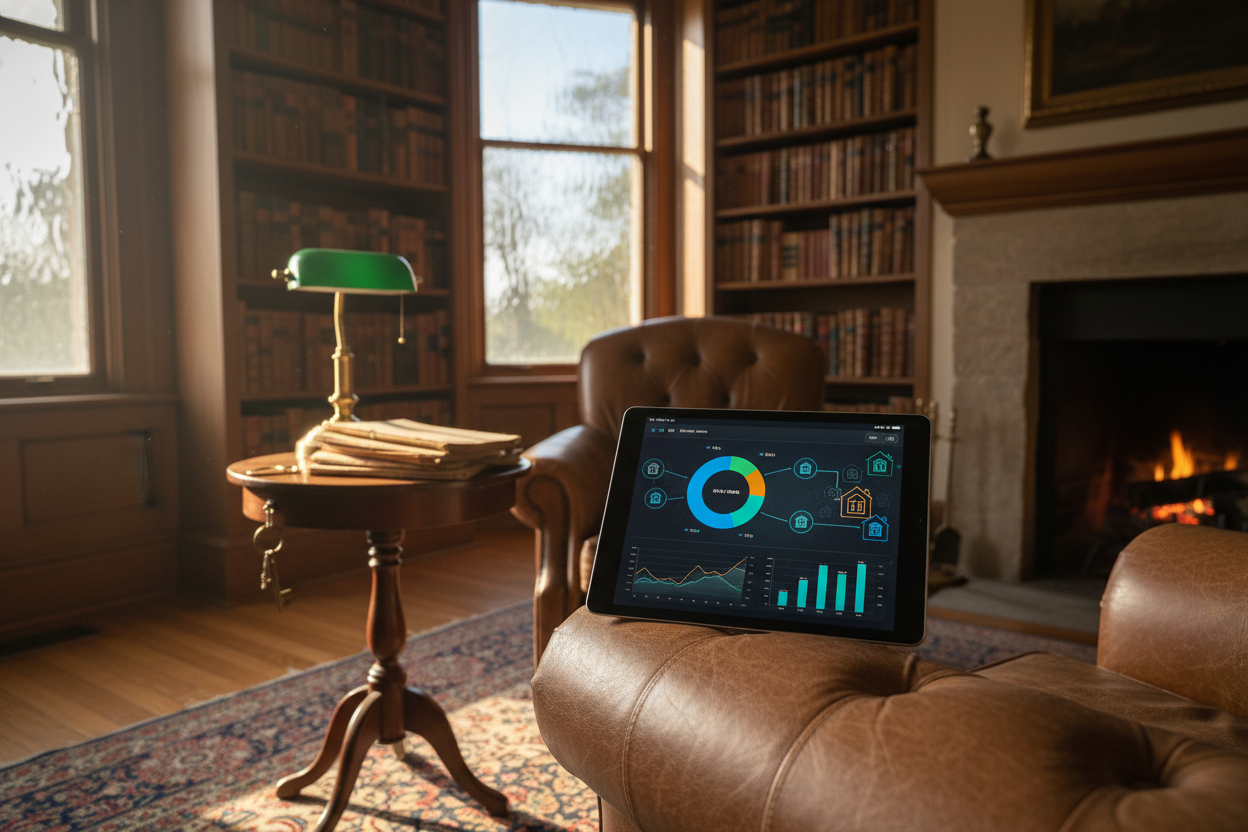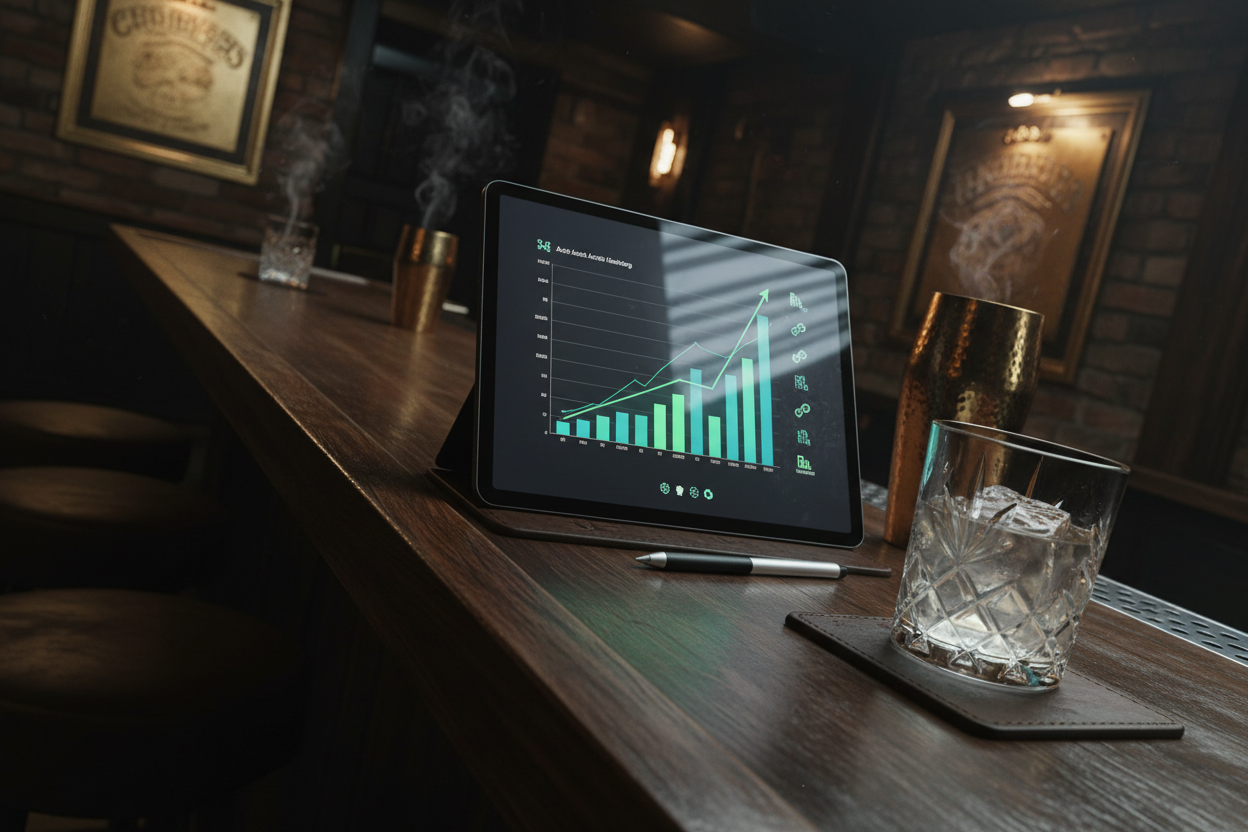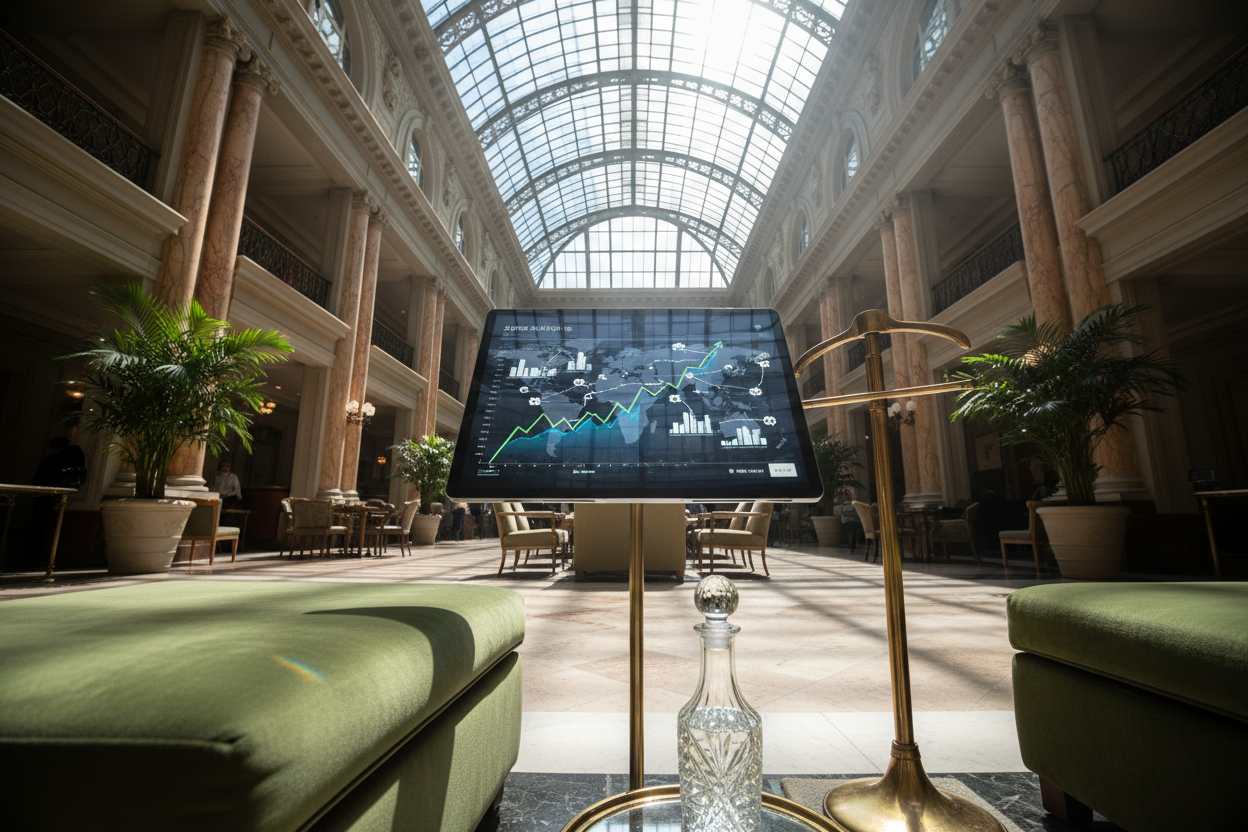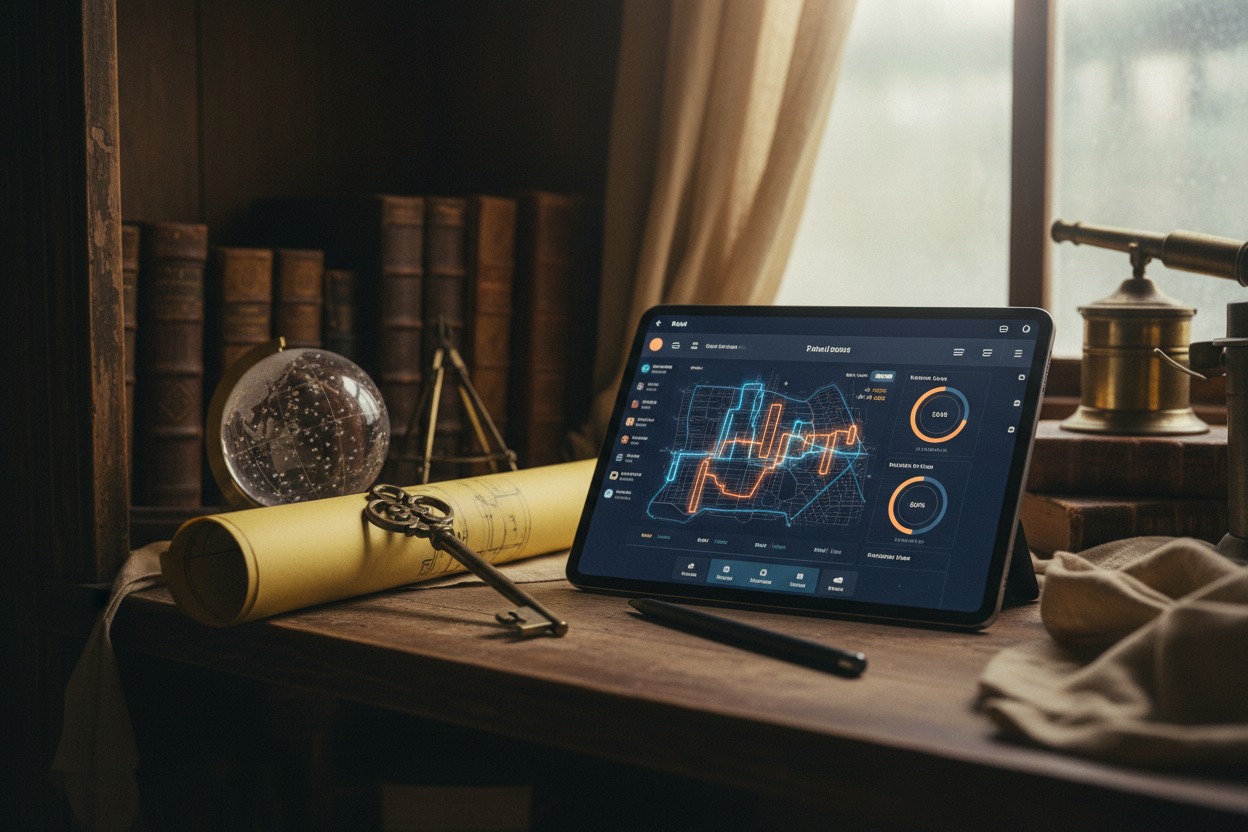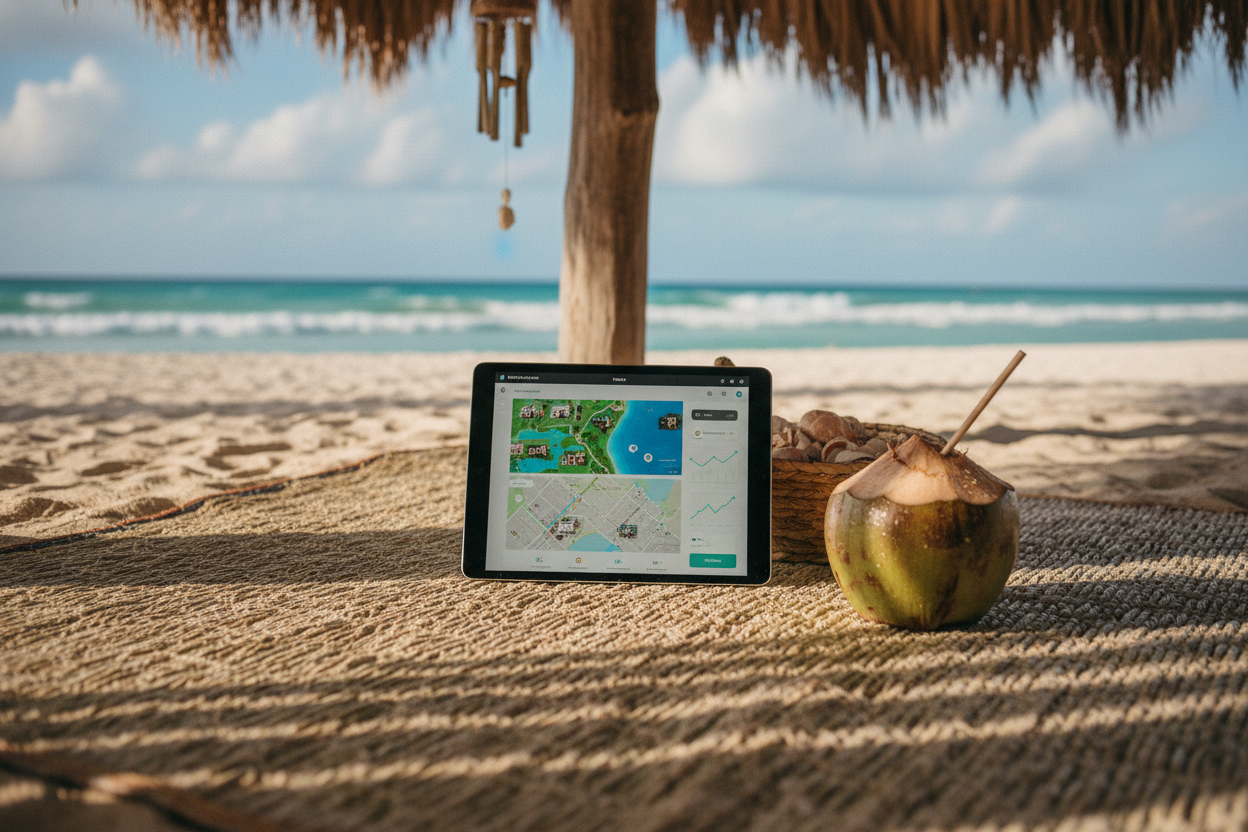
Dubai’s real estate market has long been a magnet for global investors, but high entry costs and complex processes historically kept many on the sidelines. That’s changed in 2025. Thanks to blockchain-based platforms, it’s now possible to invest in tokenized real estate in Dubai with as little as $100. This new model of fractional ownership is transforming how individuals access, manage, and profit from property investments in one of the world’s most dynamic cities.

Tokenized Real Estate Dubai: The New $100 Entry Point
The rise of fractional real estate Dubai offerings is no longer theoretical. Platforms like Libertum, Estate Protocol, Stake, and the government-backed Prypco Mint are actively lowering the capital barrier. For example:
- Libertum: Global investors can buy into vetted Dubai properties for just $100. Tokens represent fractional ownership and entitle holders to proportional rental income. No brokers or paperwork required. (source)
- Estate Protocol: Built on Arbitrum, minimums start at $50, with rental yields paid out in USDC stablecoin.
- Stake: Invest from as little as AED 500 (about $136). Stake is regulated by the Dubai Financial Services Authority and manages both property selection and rent distribution.
- Prypco Mint (DLD/VARA): For UAE residents only, minimum investment is AED 2,000 (about $545). This platform is operated under direct government oversight for maximum transparency. (source)
This democratization means you can diversify across multiple properties or neighborhoods without tying up significant capital. It also opens Dubai’s property market to international investors who previously faced regulatory or logistical hurdles.
How Tokenization Works: From Dollars to Digital Property Shares
The process of buying into tokenized real estate in Dubai is designed for accessibility and transparency. Here’s how it typically works across leading platforms:
You’ll begin by registering on your chosen platform, completing KYC verification with your ID, before funding your account through bank transfer, card payment, or sometimes crypto. Once funded, you can browse available properties by location, type, projected yield, and more. When you purchase property tokens (at the current minimums: $100 at Libertum; $50 at Estate Protocol; AED 500 at Stake), these digital assets are recorded securely on-chain.
Your tokens confer rights to a share of the rental income generated by that specific property. Some platforms also offer secondary markets where you can trade your tokens, adding liquidity not typically found in traditional real estate deals.
The Leading Platforms: Comparing Features and Minimums (as of October 2025)
Top Dubai Tokenized Property Platforms Compared
-
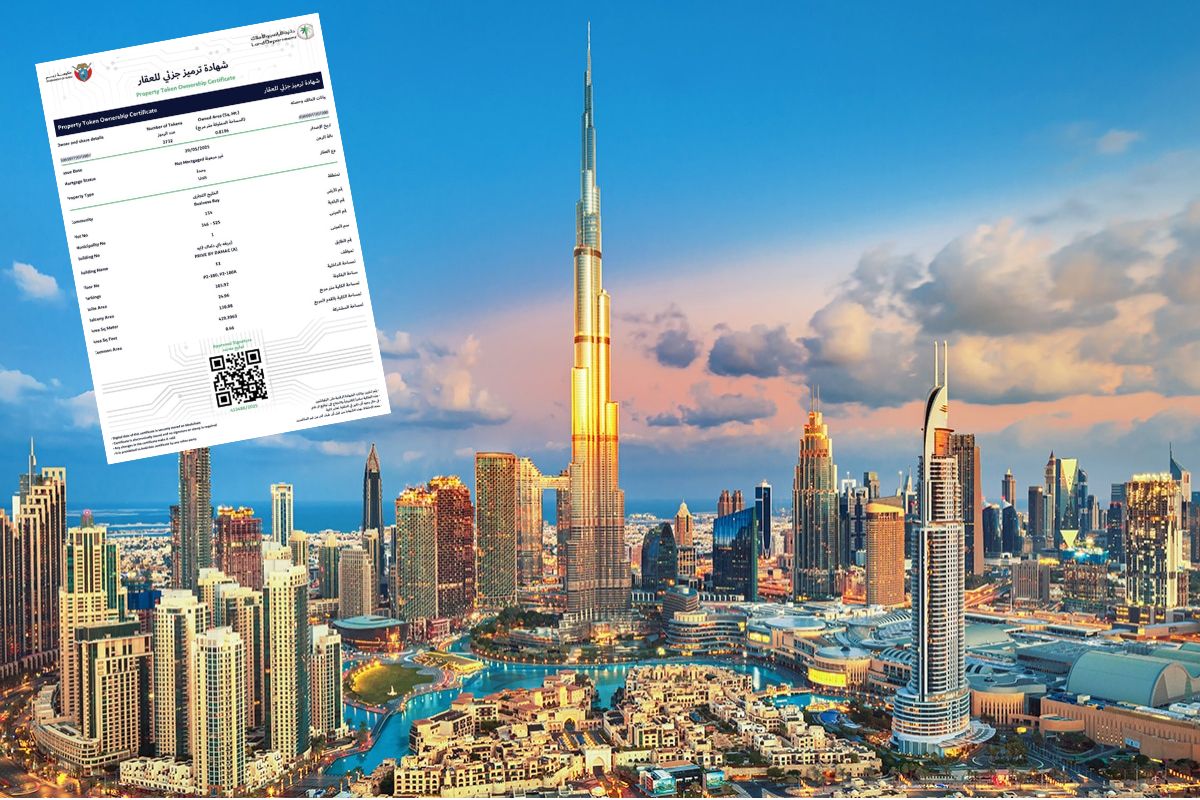
Prypco Mint: Launched by the Dubai Land Department (DLD) and Virtual Assets Regulatory Authority (VARA), Prypco Mint is the UAE’s first official government-backed tokenized real estate platform. Minimum investment: AED 2,000 (approx. $545). Access is currently limited to UAE residents with Emirates ID. Regulatory oversight ensures transparency and security.
-
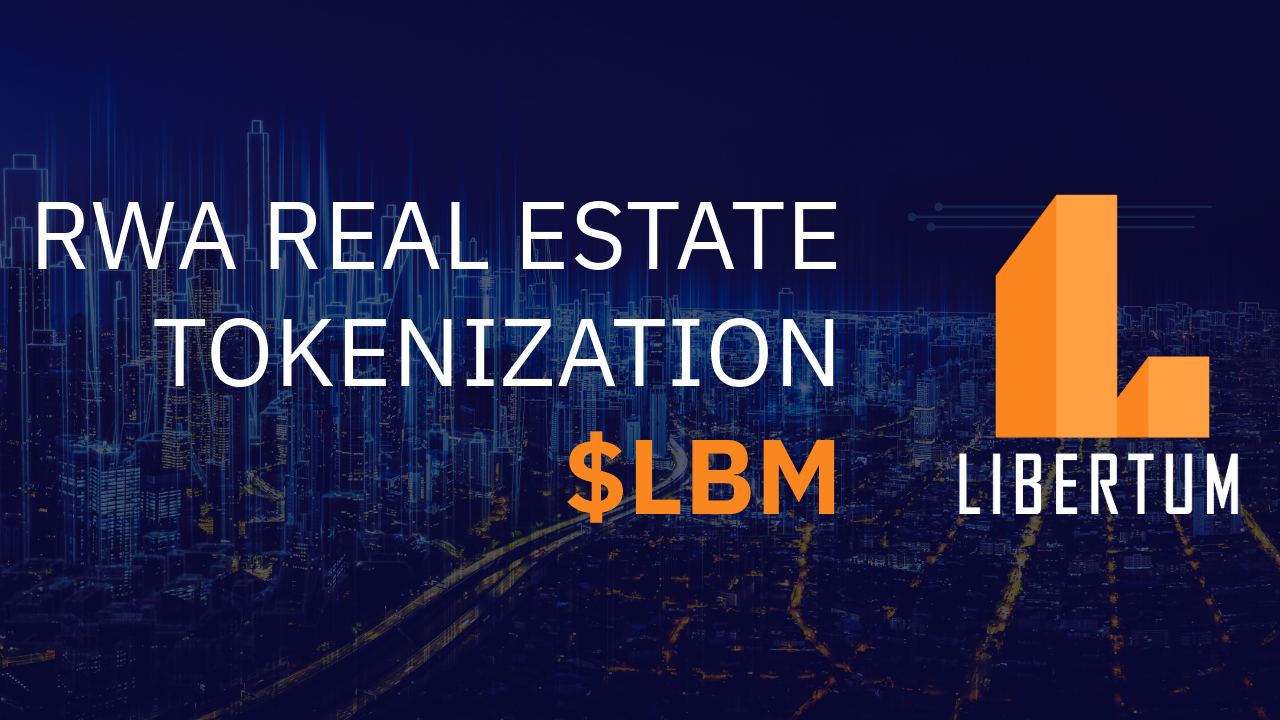
Libertum: Libertum opens Dubai’s real estate market to global investors with a low entry point of $100. The platform tokenizes vetted properties, enabling fractional ownership and proportional rental income. No brokers or extensive paperwork required; process is fully digital and user-friendly.
-

Estate Protocol: Built on the Arbitrum blockchain, Estate Protocol offers fractional ownership of premium Dubai properties with a minimum investment of about $50. Investors receive rental income in USDC stablecoin. The platform leverages smart contracts for efficiency and adheres to regional regulatory frameworks.
-

Stake: Stake allows users worldwide to invest in Dubai real estate via an app, starting from AED 500 (approx. $136). The platform is regulated by the Dubai Financial Services Authority and provides monthly dividends from managed properties. Algorithms help assess and select quality deals for investors.
Key distinctions:
- Prypco Mint: Government-backed security but limited to UAE residents; higher minimum ($545 equivalent).
- Libertum and Estate Protocol: Open globally; lowest minimums ($100 and $50 respectively); streamlined onboarding process.
- Stake: App-based experience; monthly dividends; regulated by DFSA; minimum around $136.
This new ecosystem provides options for every investor profile, whether you’re seeking regulatory assurance (Prypco Mint), global access (Libertum/Estate Protocol), or an intuitive mobile experience (Stake).
But beyond minimums and access, what really sets these Dubai tokenized property platforms apart is their approach to risk, liquidity, and user experience. For disciplined investors, the combination of blockchain transparency and regulated oversight is a significant upgrade over opaque legacy real estate funds. You can track your holdings on-chain, review detailed property reports, and participate in secondary markets, sometimes within the same app.
Opportunities and Risks: What Investors Need to Know
While the prospect of investing in Dubai property with $100 is compelling, prudent investors should assess both the upside and the risks:
Pros and Cons of Tokenized Real Estate in Dubai
-
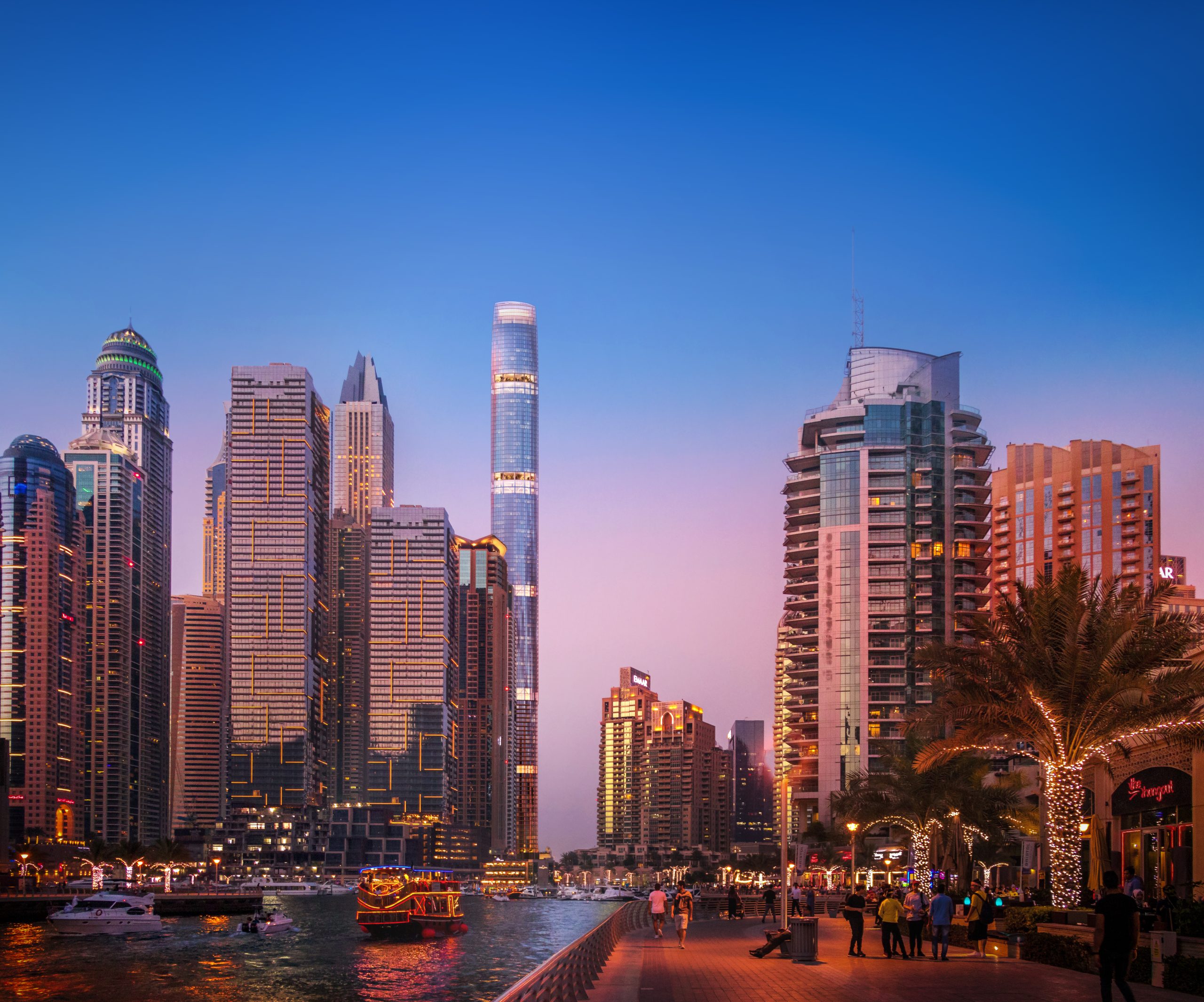
Low Entry Barriers: Tokenization enables investments in Dubai real estate with as little as $100 on platforms like Libertum and AED 500 ($136) on Stake, making property ownership accessible to a wider range of investors.
-

Portfolio Diversification: Investors can diversify by owning fractions of multiple properties across different locations and asset classes, reducing risk compared to traditional single-property investments.
-
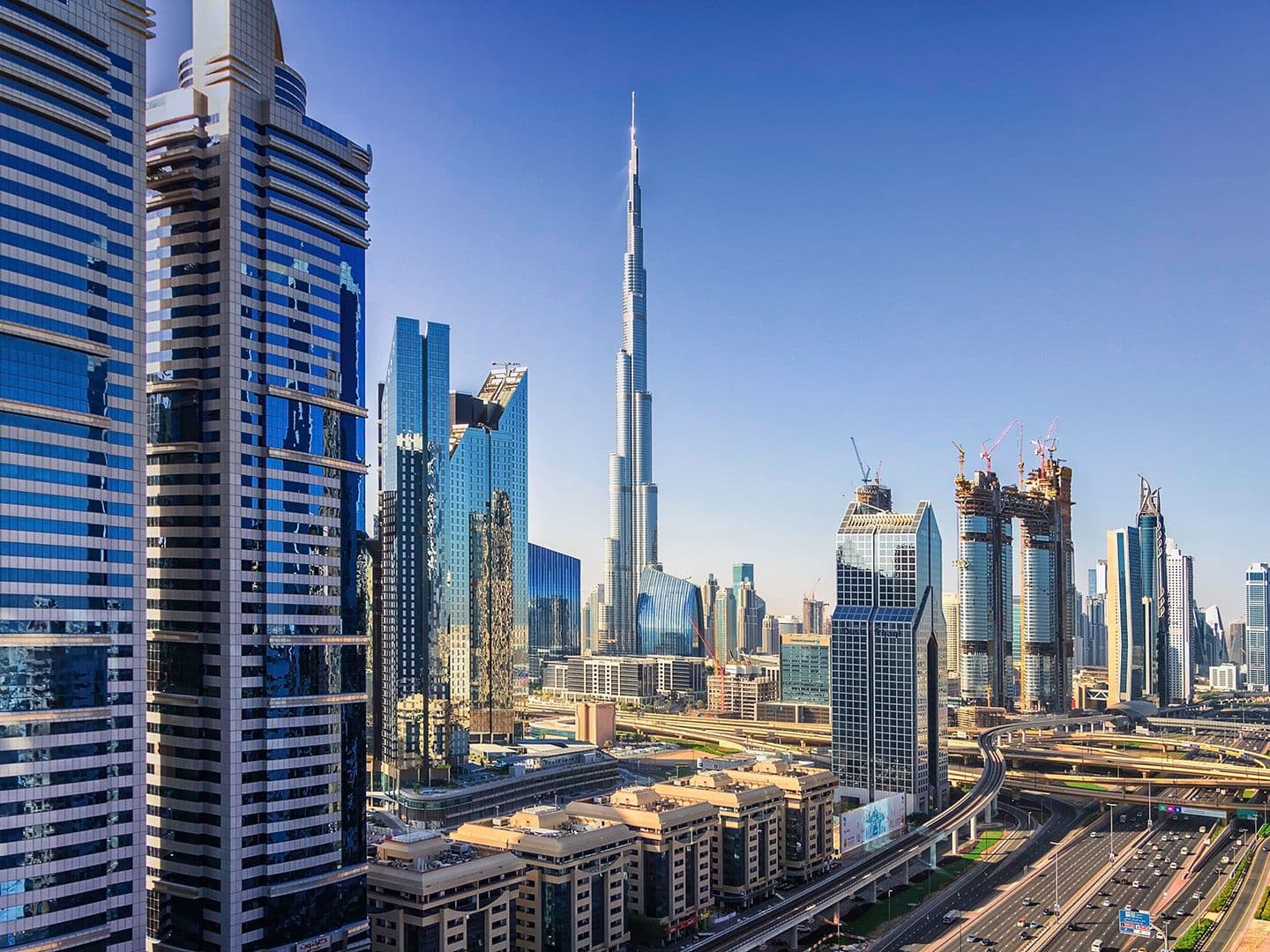
Enhanced Liquidity: Some platforms, such as Stake and Estate Protocol, offer secondary markets for trading property tokens, providing greater liquidity than conventional real estate investments.
-
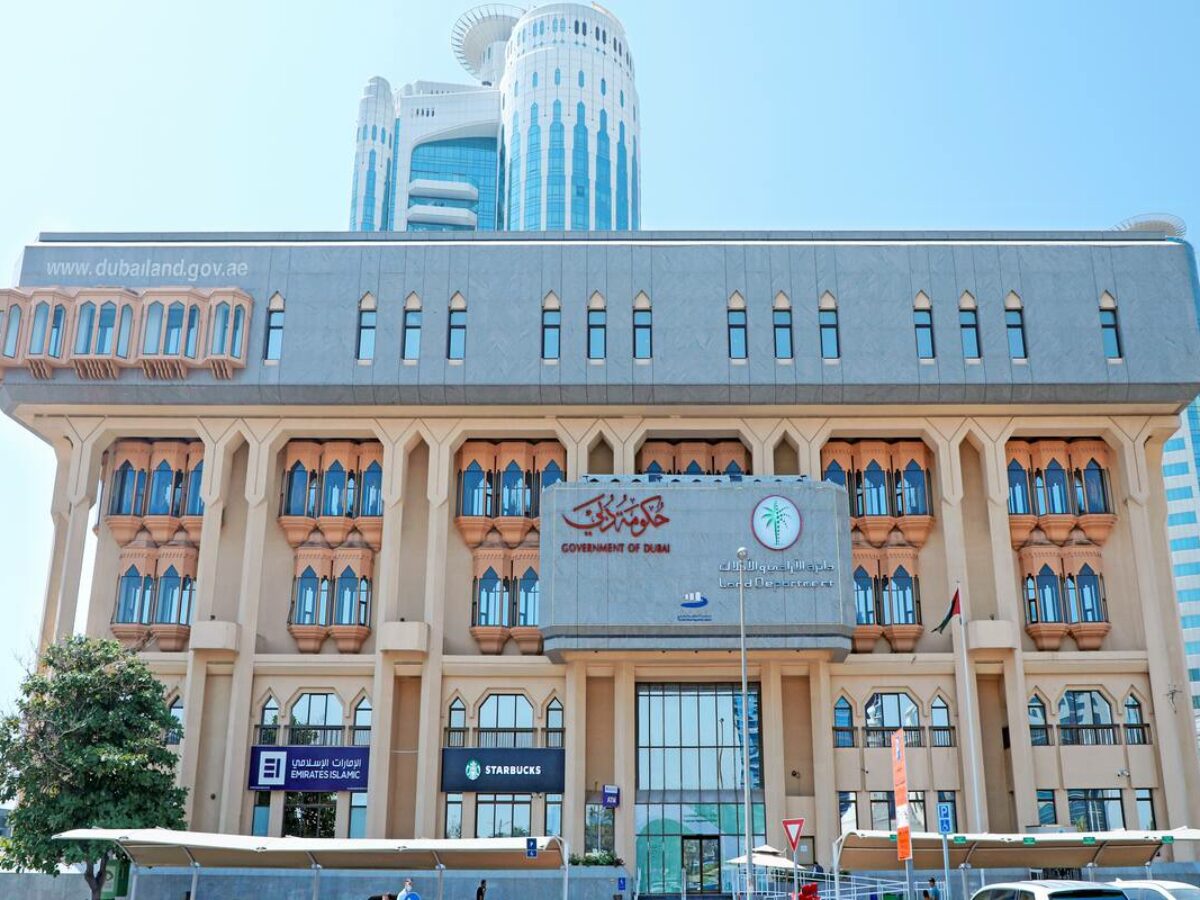
Regulatory Oversight: Platforms like Prypco Mint operate under the supervision of the Dubai Land Department (DLD) and VARA, increasing transparency and investor protection.
-
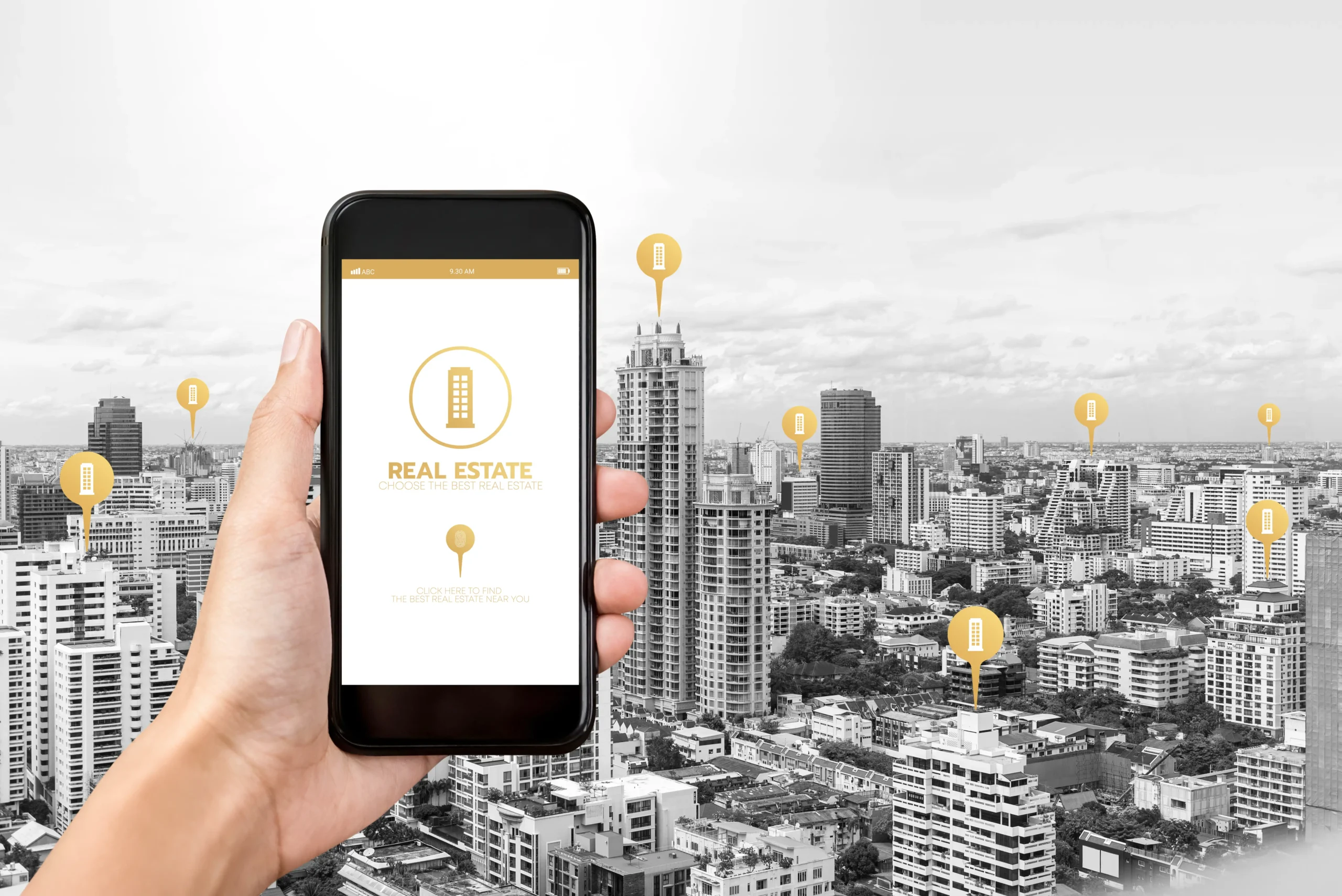
Potential for Passive Income: Token holders receive proportional rental income and potential capital appreciation, with payouts often made in stablecoins (e.g., USDC on Estate Protocol).
-
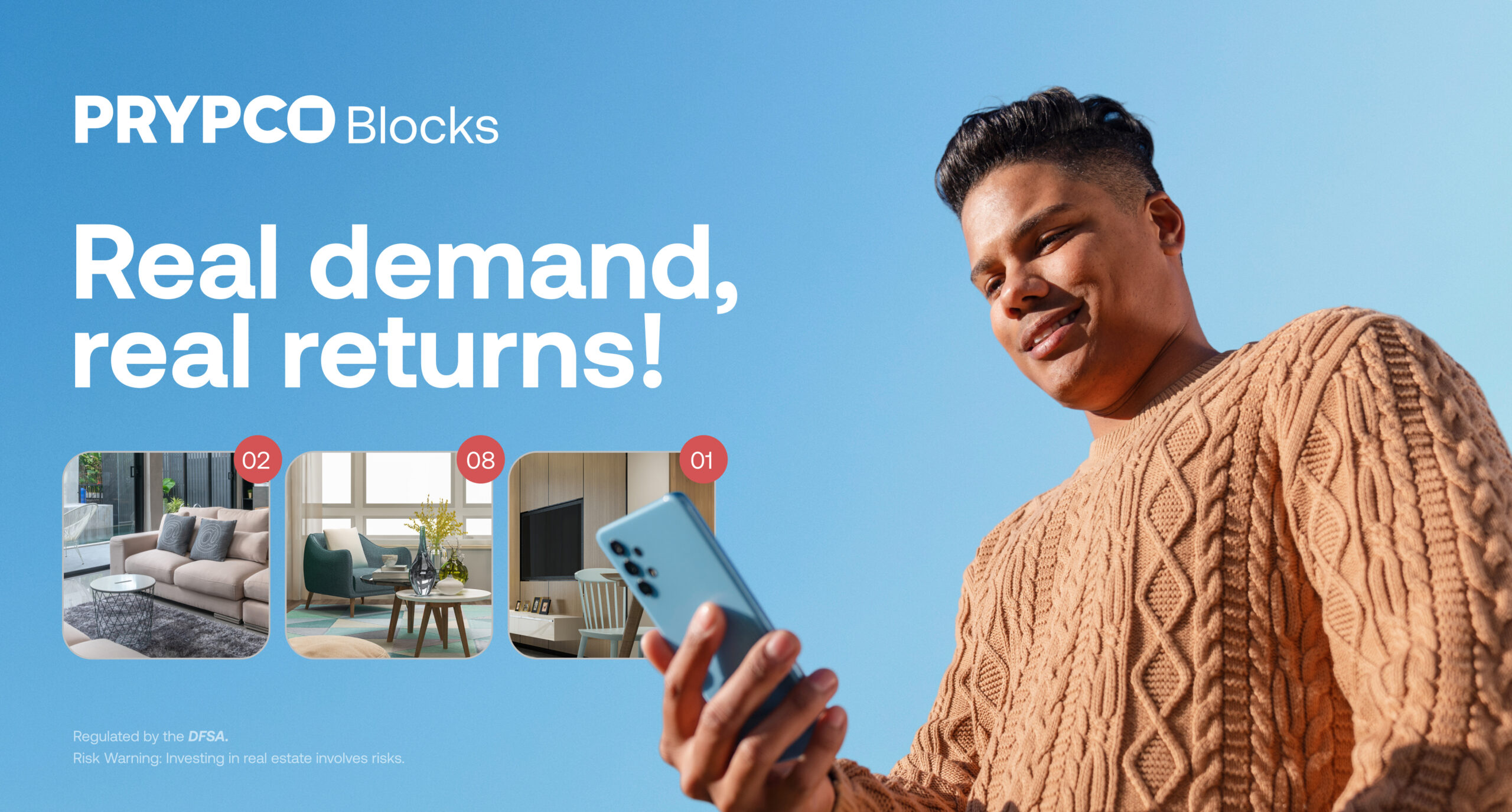
Platform and Regulatory Limitations: Some platforms, such as Prypco Mint, currently restrict access to UAE residents with valid Emirates IDs, limiting opportunities for global investors.
-
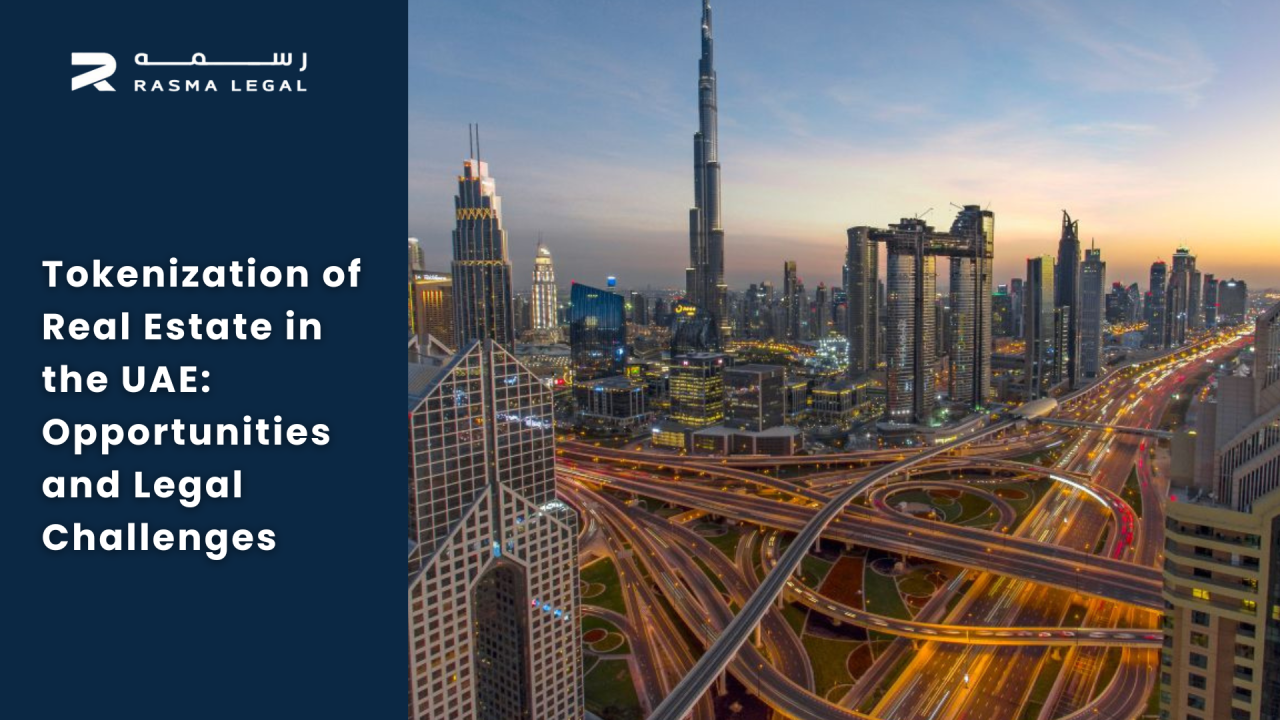
Market and Platform Risks: As a nascent sector, tokenized real estate faces risks such as platform solvency, smart contract vulnerabilities, and evolving regulations.
-
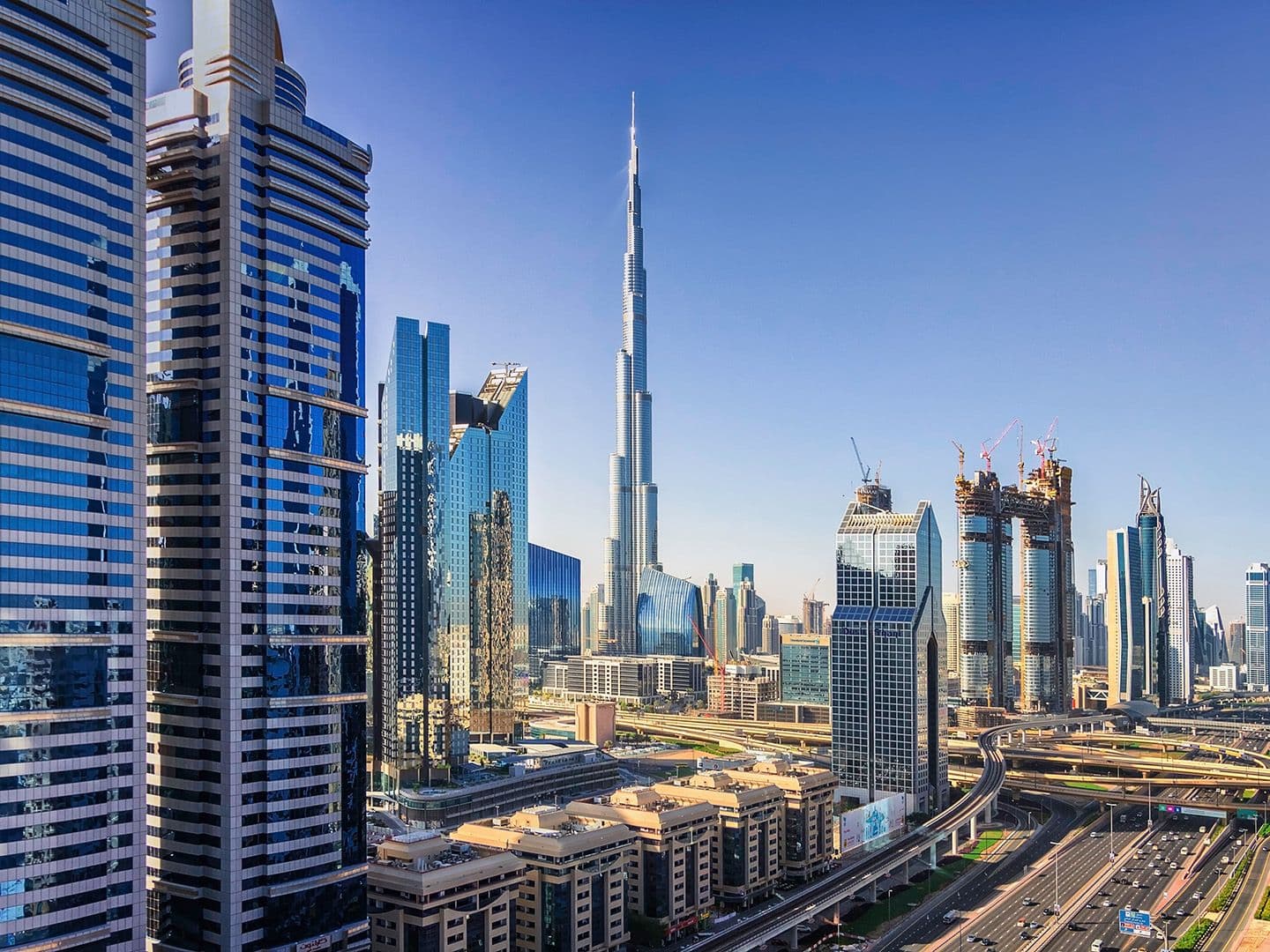
Fee Structures: Investors may encounter various fees, including entry, exit, management, and capital appreciation fees, which can impact overall returns.
Diversification is now achievable at a scale previously reserved for institutional players. With fractional ownership, you can spread capital across multiple buildings or neighborhoods, mitigating risk from any single asset. Some platforms even allow reinvestment of rental yields into new tokens for compounding potential.
Liquidity, traditionally the Achilles’ heel of real estate, gets a boost from blockchain-based secondary markets. However, trading volumes can be thin compared to equities or crypto tokens, so liquidity may vary by platform and market cycle.
Regulatory clarity is improving rapidly in Dubai. Platforms like Prypco Mint operate under direct oversight from DLD and VARA, while Stake is regulated by DFSA. Still, global investors should verify that a platform’s compliance matches their own jurisdiction’s requirements. Always read terms carefully before depositing funds.
FAQs: Getting Started with Property Tokens in Dubai
The Future: Beyond $100 Investments
The momentum behind property tokenization in Dubai isn’t slowing down. As more assets come on-chain, and as regulatory frameworks mature, expect greater choice, improved liquidity, and enhanced investor protections. Emerging platforms like Estate Protocol are experimenting with instant settlements via stablecoins (like USDC), while established players such as Stake refine their dividend models for monthly payouts.
This innovation isn’t limited to residential towers; commercial buildings, hospitality assets, and even land parcels are being tokenized for global participation. The net effect? A more inclusive market where anyone with $100 can access professionally managed Dubai real estate without legacy friction or paperwork.
Key Takeaways: Tokenized Real Estate Investment Process Checklist
If you’re ready to take your first step into blockchain real estate investment Dubai, focus on regulated platforms with transparent fee structures and robust reporting tools. Start small provides $100 is all it takes, and consider diversifying across several properties or providers to manage risk smartly.
The era when only millionaires could own a slice of iconic Dubai real estate is over. Today’s digital infrastructure turns opportunity into action, fraction by fraction.










